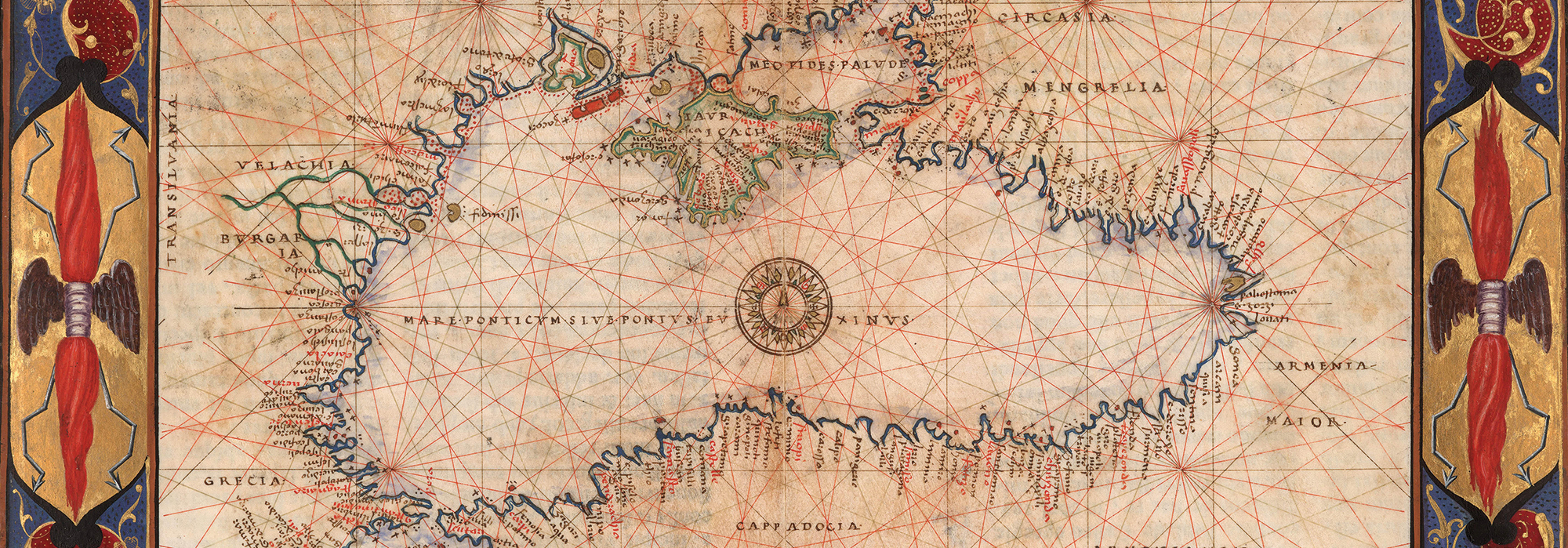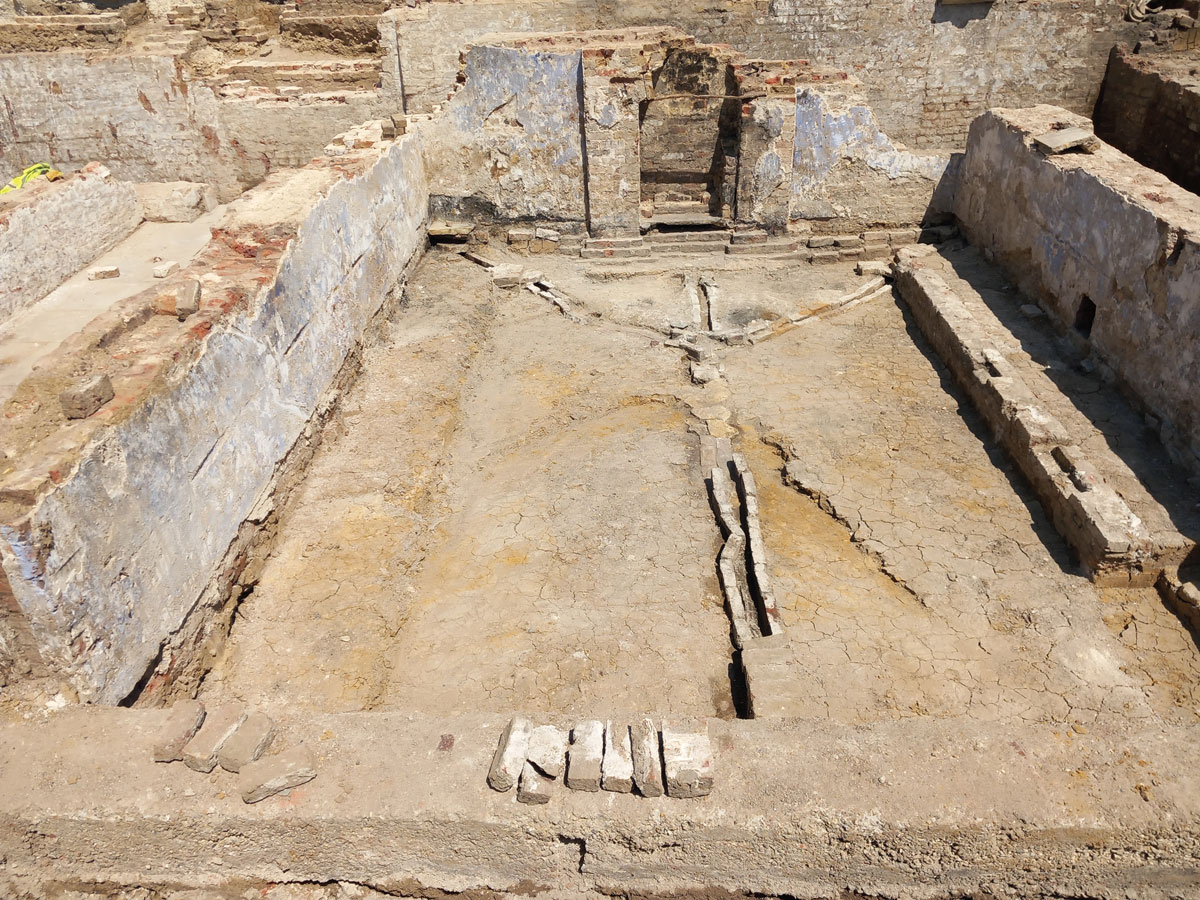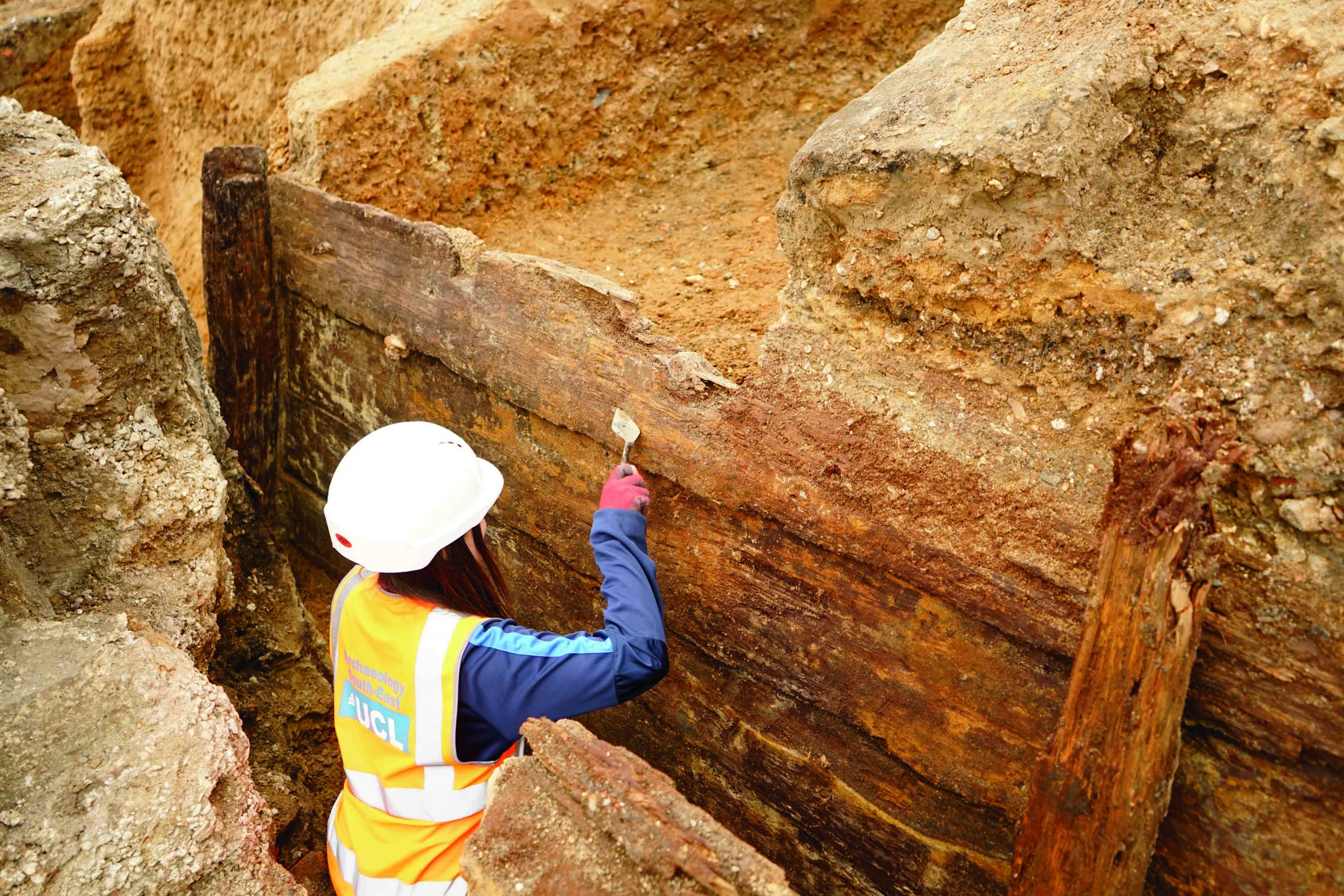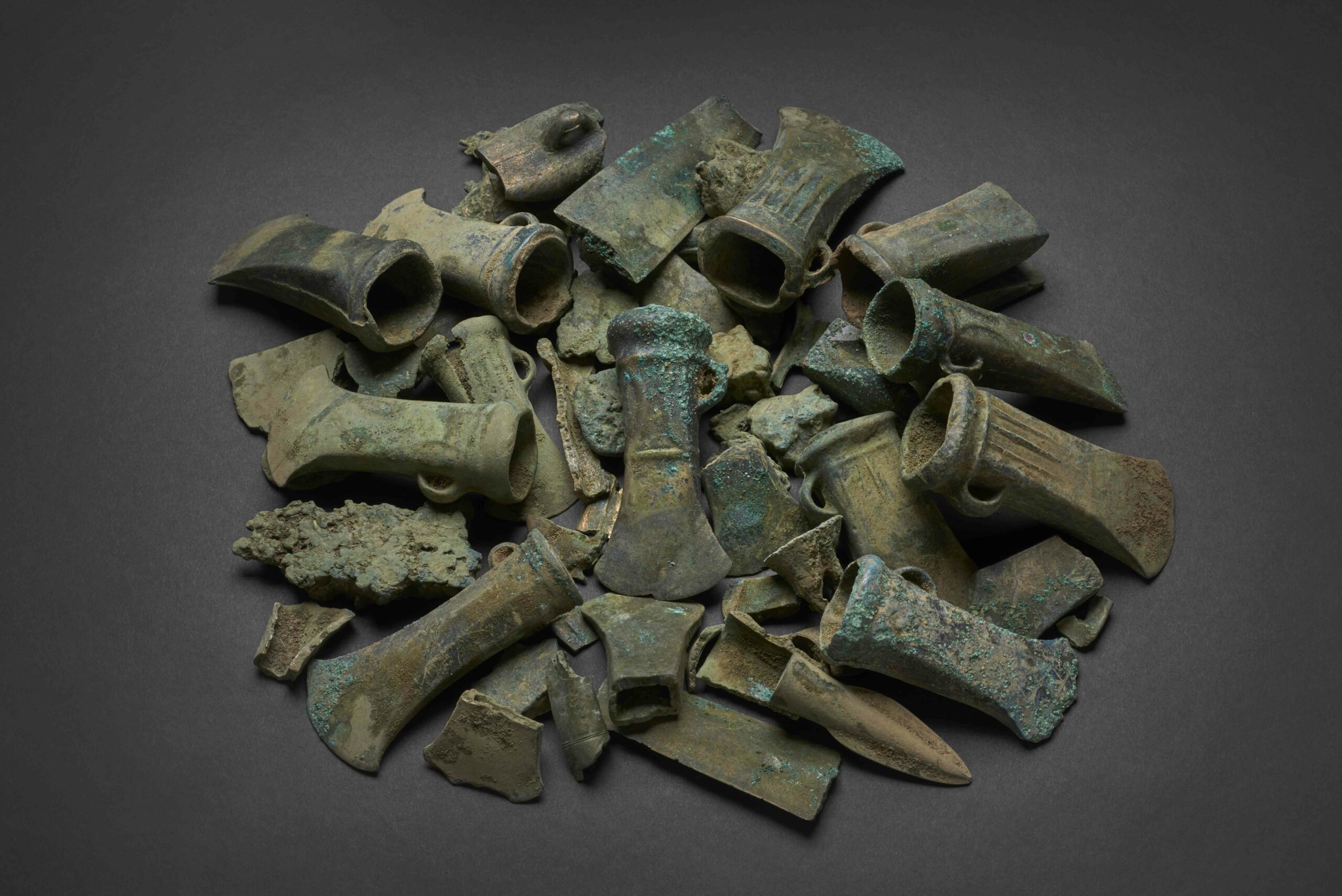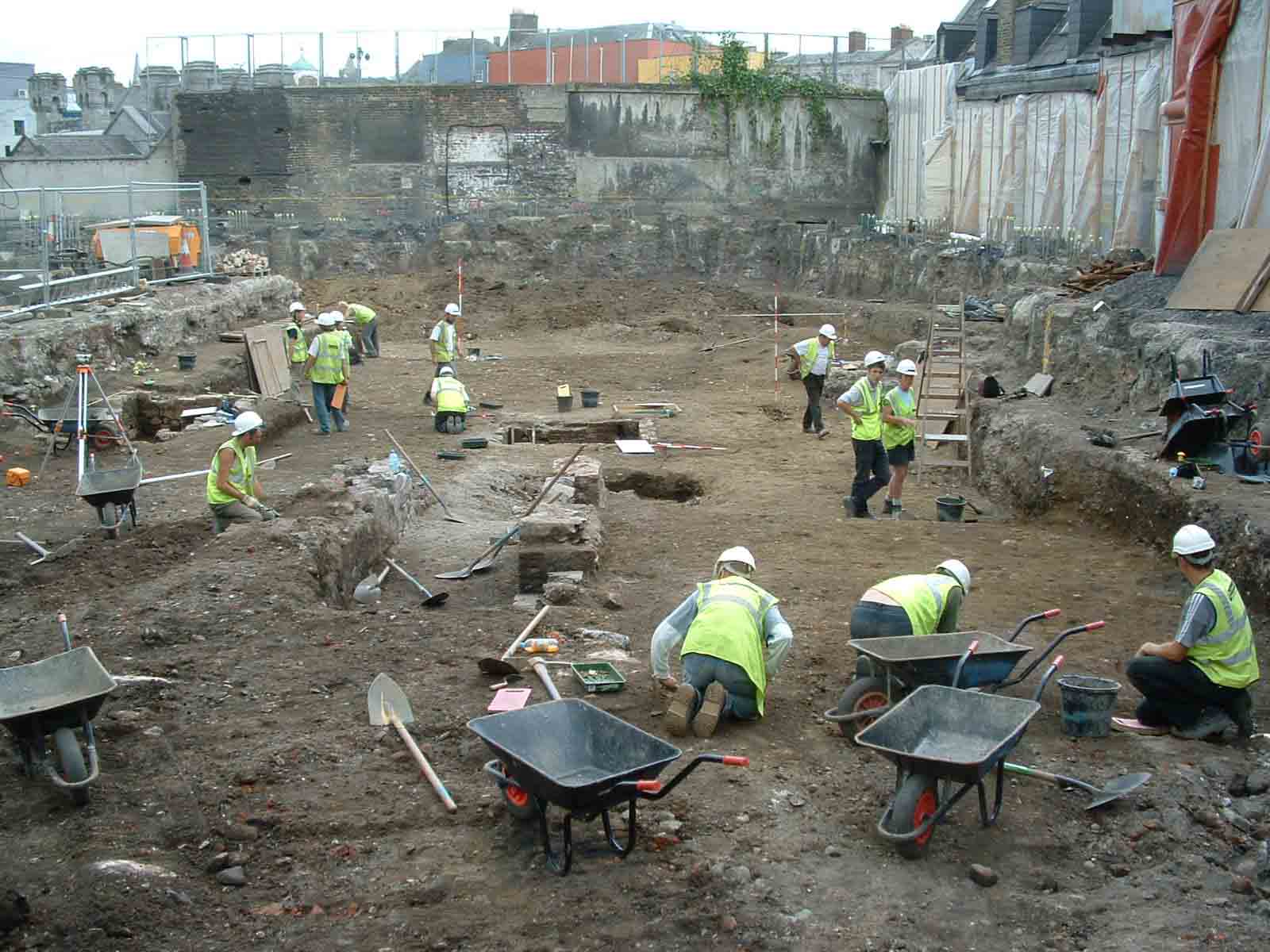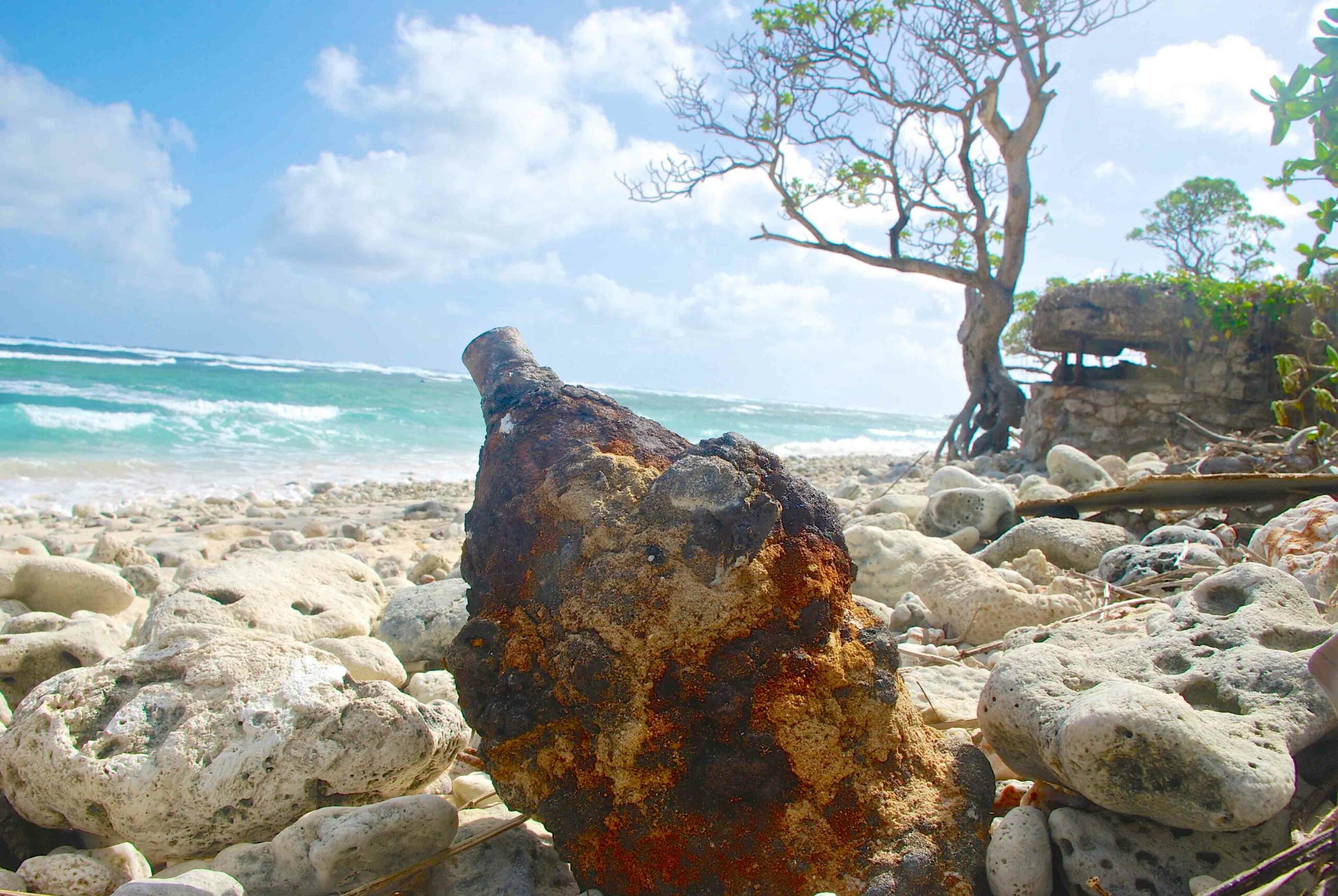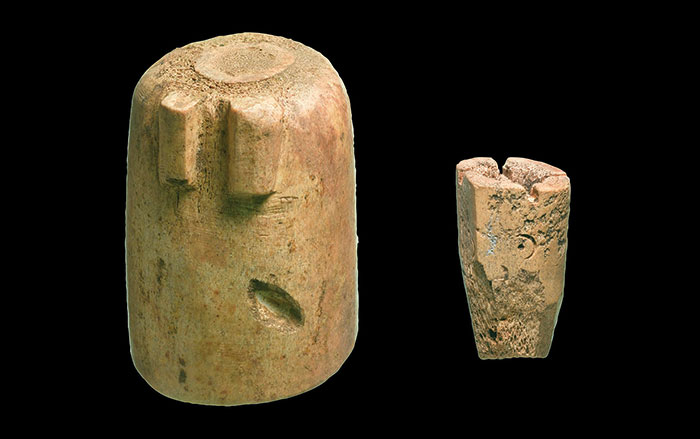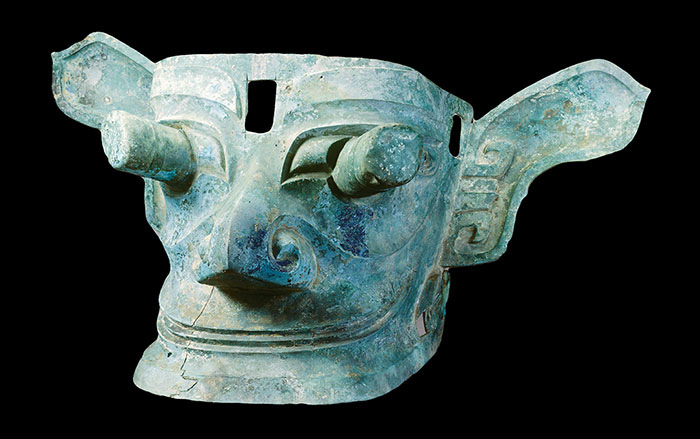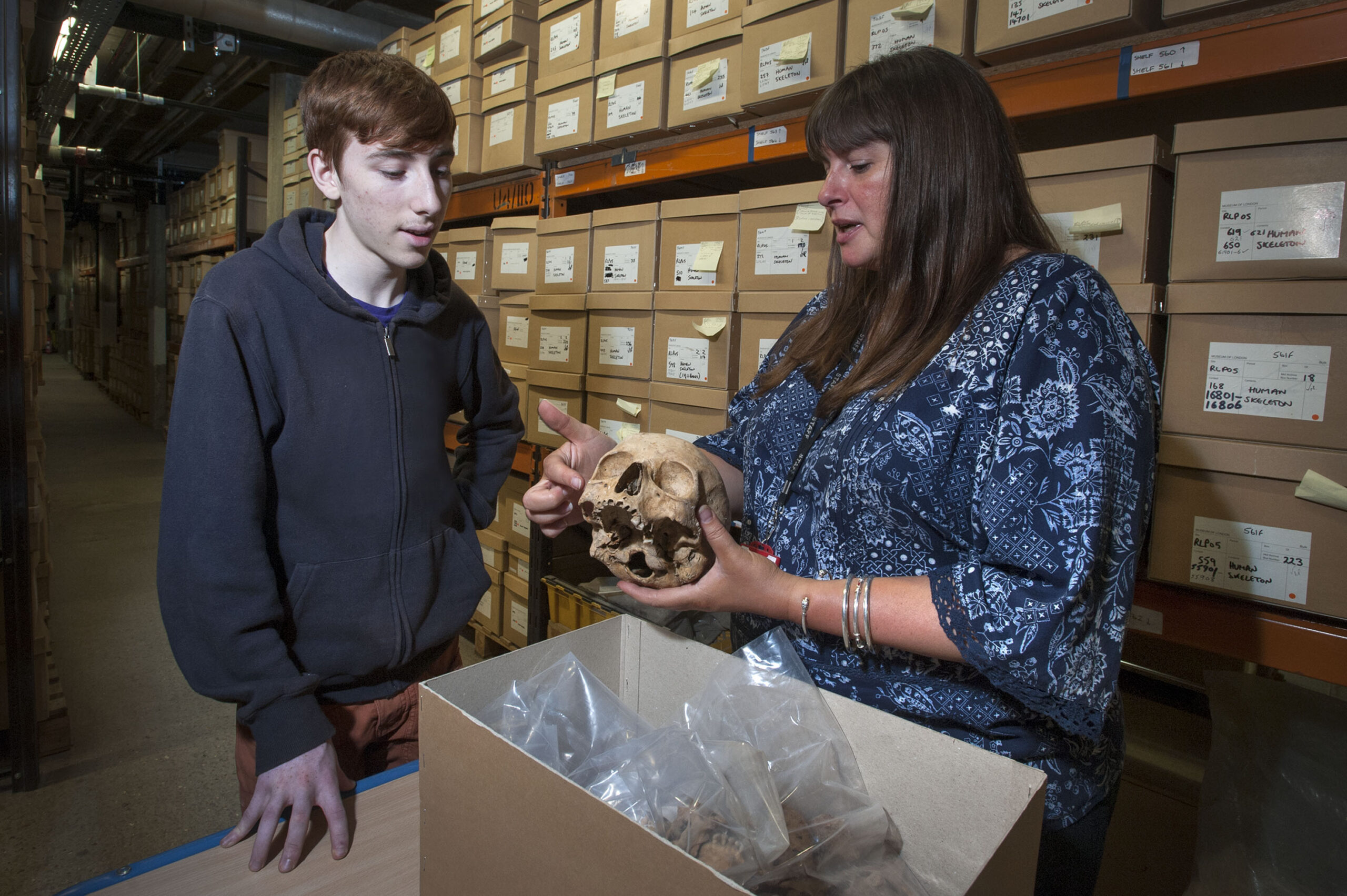
LONDON, ENGLAND—Culture 24 reports that Jelena Bekvalac of the Museum of London’s Centre for Human Bioarchaeology will examine skeletons in the museum’s collection to study the impact of industrialization on the human body. “The most tangible evidence we have for the long-term consequences of the industrialization process upon us is, quite simply, written in our bones. Using the very latest digital technology, we will examine the skeletal remains of over 1,000 adult men and women from industrial-era London in addition to a further 500 skeletons from the medieval metropolis,” Bekvalac said. The research, funded by a City of London Archaeological Trust grant from a bequest made by the late Rosemary Green, could provide clues to the conditions of obesity and cancer, often thought of as “man-made,” modern conditions. The project will also produce an extensive interactive digital resource that will be published online. For more on the study of remains from this period, see "Haunt of the Resurrection Men."


